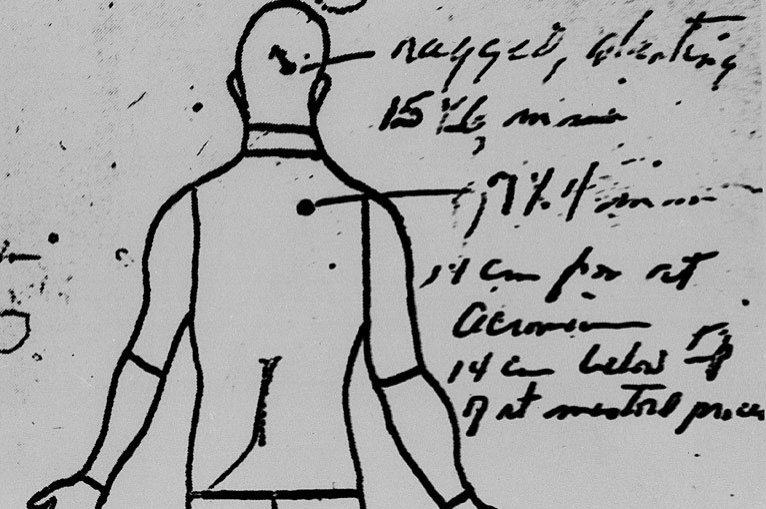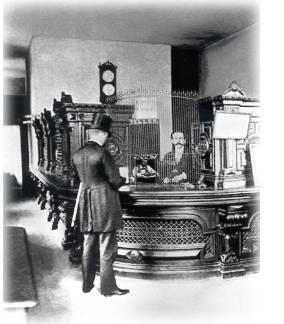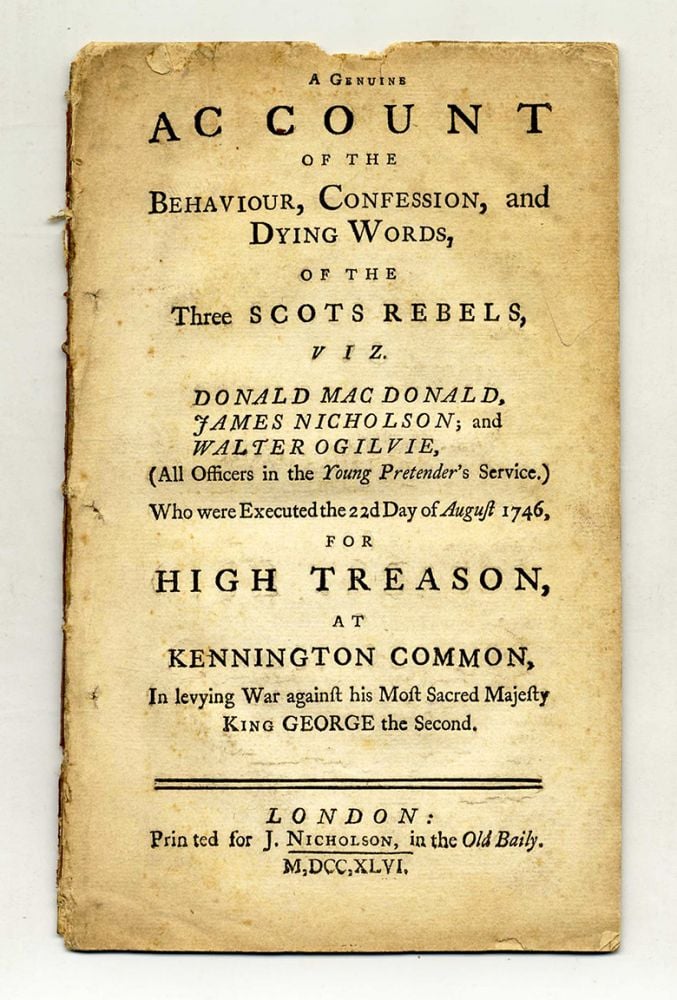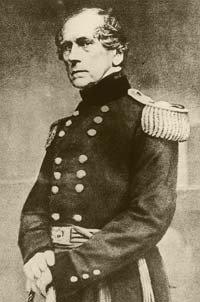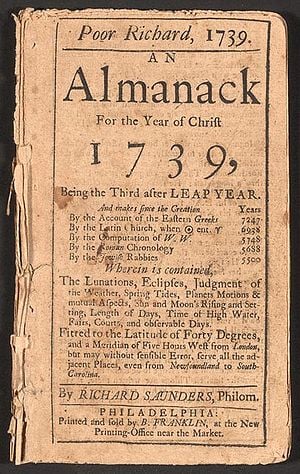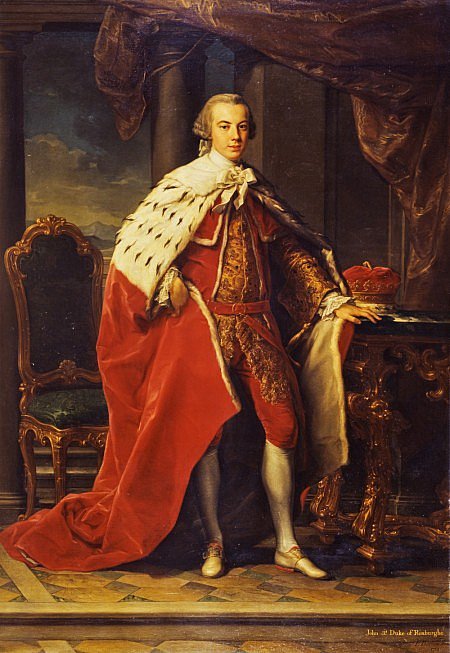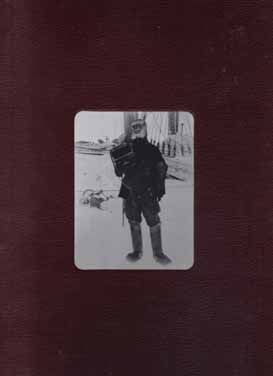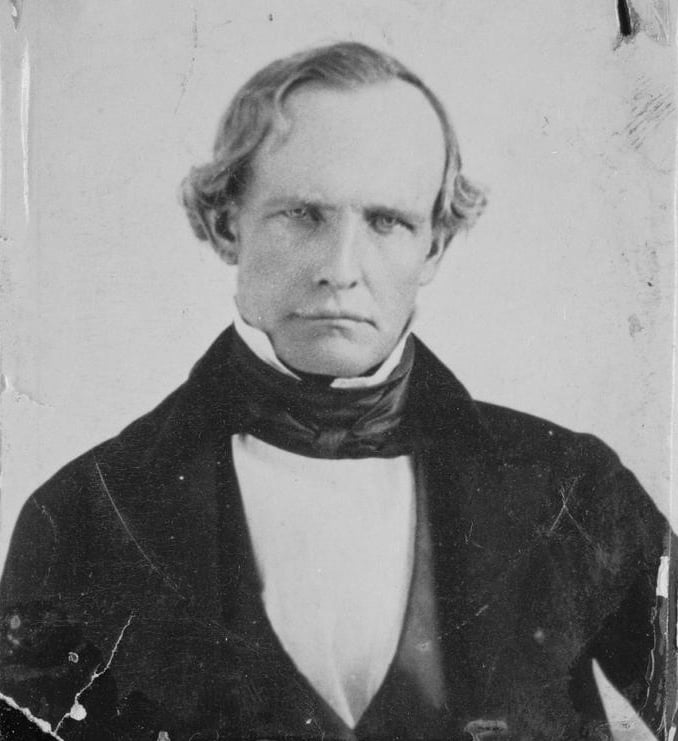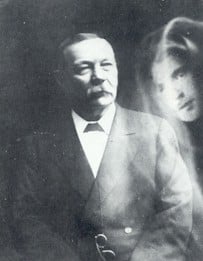On September 24, 1964, the Warren Commission presented its long-awaited report. The exhaustive 888-page document outlined the Commission's investigation into the assassination of President John F Kennedy. Though the Commission's own members and even President Lyndon B Johnson professed their confidence in the Commission's findings, the report also fueled the fires of multiple conspiracy theories.
us toll free: 1-800-948-5563 international: +1 (843) 849-0283 UK: +44 (0) 1334 260018




